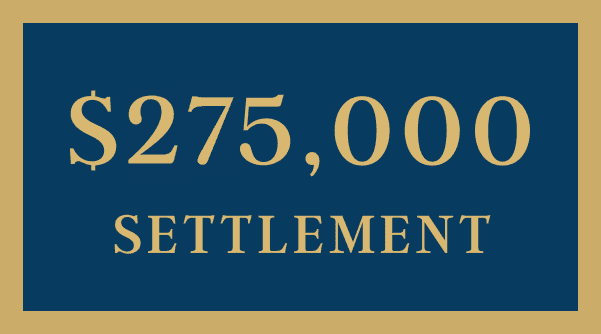Liability insurance, such as automobile insurance coverage, comes with a policy limit, which refers to the maximum amount of money that the insurance company will pay on behalf of the insured responsible for the accident and the damages that they caused. For example, in California, the minimum liability coverage an insurer can sell is coverage for $15,000.00/$30,000.00. This means that the insured’s Bodily Liability Insurance would pay up to $15,000.00 per person injured and up to a total of $30,000.00 for all injuries in the entire accident.
So what happens when the insurance company does not settle for its insured’s policy limits? If an insurance carrier refuses a reasonable settlement offer within its policy limits, the insurance company can be on the hook for a judgment in excess of the applicable policy limits. For instance, if an insurance carrier refuses to settle within an applicable policy of $15,000.00 per person and later on there is a verdict against their insured for $115,000.00, the insurance carrier is responsible for the entire verdict.
While the law regarding whether policy limits was recently changed (Pinto v. Farmers Insurance Exchange (2021) 61 Cal.App.5th 676), it is important that your attorney understands when the insurance company can be responsible for a judgment in excess of the applicable policy limits.
Contact our office at 818-488-9448 to schedule a free consultation today.























